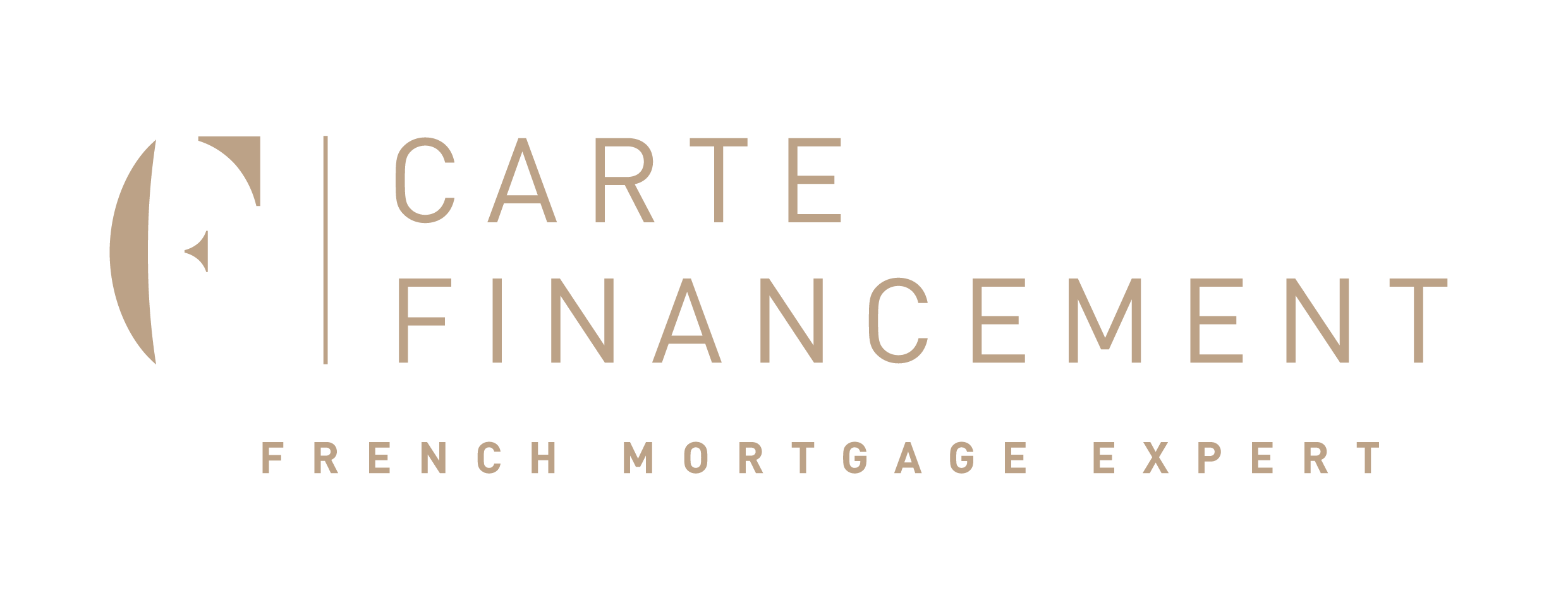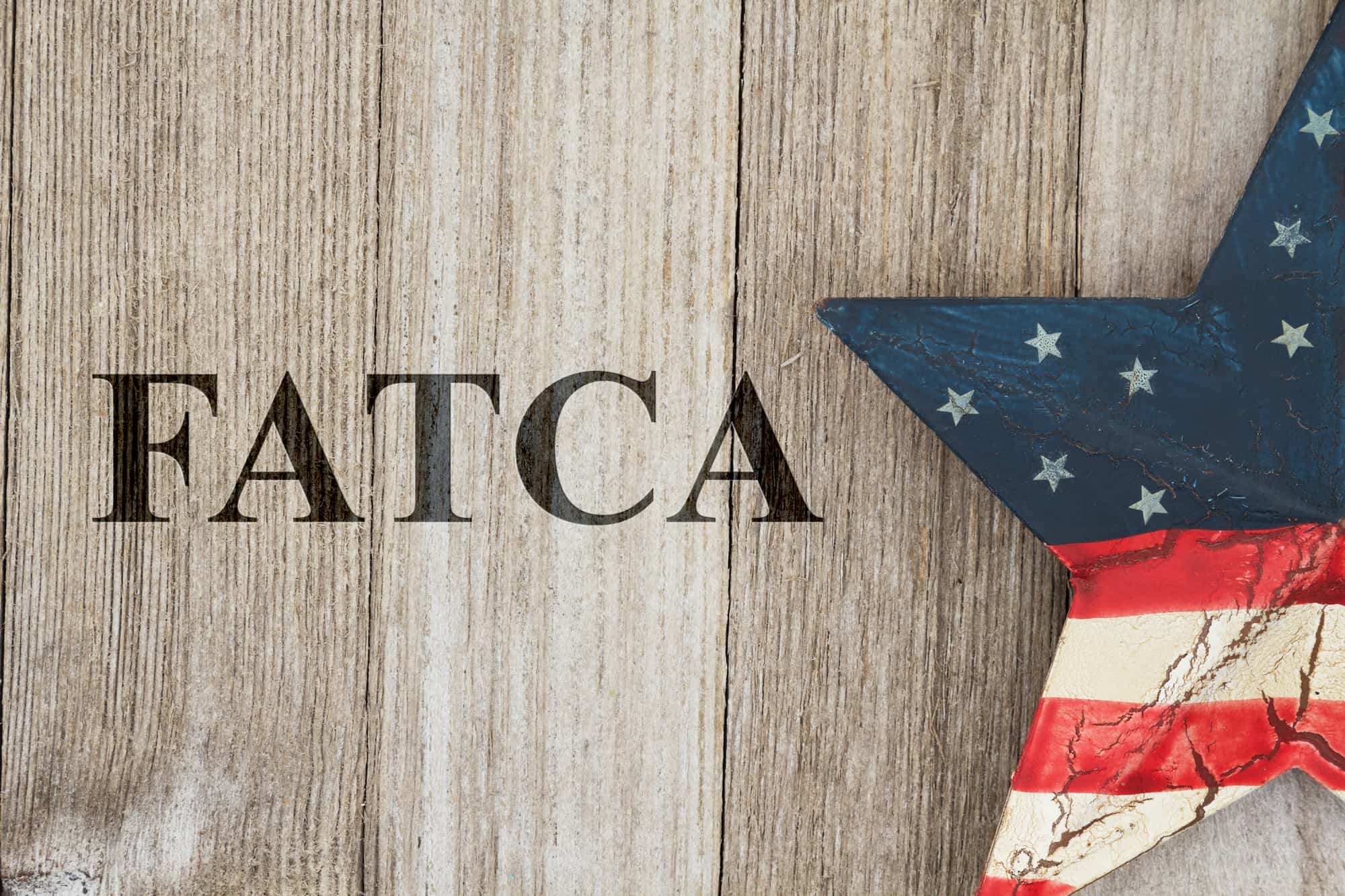After realising that many American taxpayers owned bank accounts outside the United States, several of which had not been declared to the IRS, the American authorities decided to introduce FATCA (the Foreign Account Tax Compliance Act), which came into force in 2014.
Learn all about FATCA and how it works with Pierre-Alain Conil, an associate notary at Morel d’Arleux who specialises in international transactions.
What is FATCA?
FATCA is an obligation for all financial establishments to report assets held on behalf of their American clients. They must declare these assets to the American tax authorities (the IRS). “It also requires US citizens to declare their foreign assets to the IRS when they exceed $10,000”, explains Pierre-Alain Conil.
FATCA: Why and what effect has it had?
FATCA allows the US Treasury to ensure that all American citizens, both residents and non-residents, declare all their financial assets and income to the IRS and are taxed accordingly. “In fact, the United States has a very unusual tax system based on nationality. This means that an American citizen, even if not a US resident for tax purposes i.e., living and working abroad, must still report all their income (and therefore all their non-US income) to the IRS and pay income tax in the United States”, explains Mr Conil. America’s taxation system therefore differs completely from the French system, which taxes taxpayers based on their place of residence. For example, if a French person does not live or no longer lives in France, does not receive income from any French sources and has no assets in the French territory, they have no obligations towards the French tax authorities.
Since FATCA came into effect, the US authorities have visibly observed a drastic fall in assets owned by Americans abroad.
What does this mean for French banks?
The measures imposed by the United States on foreign financial institutions such as French banks require them to send financial information to the IRS about their US clients. With FATCA, banks in particular have access to a special database that allows them to exchange information easily about these American clients.
“The burden of these obligations, and the related penalties, have prompted several French banks to getting rid of their US clients over the past few years and they no longer allow US persons to open an account. This has had the quite specific effect of a sharp decline in the number of financial institutions based in France that continue to work with American clients and who can grant them a mortgage. It is therefore absolutely essential for any American client wanting to take out a bank loan to buy property in France to contact a specialist broker who can advise and guide them towards the few French banks who will accept their application”, explains the notary from Morel d’Arleux who is used to dealing with real estate projects on behalf of US persons.
What formalities do US persons need to complete?
Since FATCA, American citizens who own assets abroad must complete certain formalities in order to comply with the act. In effect, “US Persons must fill out special forms and file them with the IRS, especially FBAR (if they own more than $10,000 in foreign financial assets) and form 8938 (if they own more than $50,000 in foreign assets) and submit them along with their income tax declaration”.


